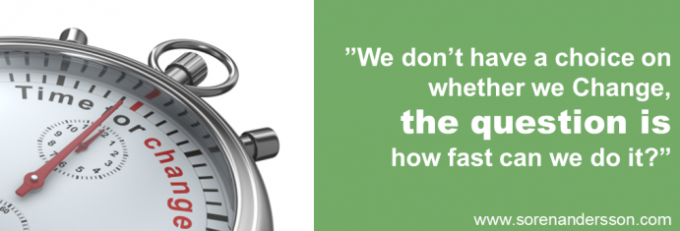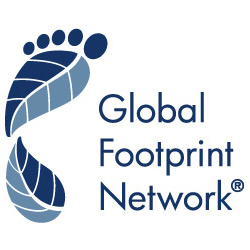
Earlier this week the CO2-level at Mauna Loa passed the 400 ppm barrier – for most people it passed by as a small news item hidden among others, while in some newspapers it actually reached the front page. Next day it was replaced by concerns on whether this or that artist was going to make it through the semi-finals of the Eurovision Song contest…
“We have twenty years to make a change, not twenty years to contemplate on what we are going to do!”
If you spend just a little times researching on things about the climate change, global population growth, water scarcity and some of the other boundaries of our planet, the maths are not that difficult – you don’t even need to have a specific opinion about things, just some basic knowledge on mathematics – Join me for a brief moment, it’s worth while!
Worldometers – “Great stuff”
One place to start could be to visit www.worldometers.info
(At the bottom there are 35 languages to choose from)
“…Worldometers is run by an international team of developers, researchers, and volunteers with the goal of making world statistics available in a thought-provoking and time relevant format to a wide audience around the world. We have no political, governmental, or corporate affiliation…”
This is a great place to get “the feeling” on how fast we are moving in a number of areas, and since the team re-make public reports and information to real-time counters it really makes it a bit more comprehensive – or maybe “Stunning…”
By clicking on the different “info” buttons in the right margin you have also a chance to get more information and sources to the data.
Infinite Growth
Now that you have basic knowledge on a number of important indicators of the rapid on-going evolution in our society it is time to add a more “tricky” part, the part that deals with growth!
We cannot have infinite Growth in a finite environment – It is simply not possible.
In an earlier article “Is CSR consistent with Sustainability” I referred to Professor Al Bartlett and his world-famous lecture on what Growth is all about. Watch a short clip [1.55 min]:
At this point I suppose it is needless to say, but try in your mind, switching the glass to the earth, and the bacteria’s to humans…
Global Footprint Network
This is a great non-profit organisation dedicated to show us what impacts our human society do to our planet. The Ecological Footprint is a data-driven metric that tells us how close we are to the goal of sustainable living. Footprint accounts work like bank statements, documenting whether we are living within our ecological budget or consuming nature’s resources faster than the planet can renew them.
Today humanity uses the equivalent of 1.5 planets to provide the resources we use and absorb our waste. This means it now takes the Earth one year and six months to regenerate what we use in a year…
The Rules of the Game have changed!

Source: Global Footprint Network, Annual report 2011
You can read much more on this subject in the excellent Annual report 2011, which together with a lot more information, infographics and pictures is available at Global Footprint Networks homepage.
1 + 1 + 1 =
When you now mix the knowledge gained from the Worldometers site, Prof. Al Bartlett’s undisputable mathematical facts on what growth is all about and the current status from Global Footprint Network, what is your conclusion…?
If you now add to your conclusion the fact that the rapidy unfolding Climate-Change is bringing havoc to our society at an unprecedented speed….
It is about time to act – don’t you agree?
“Be the change that you wish to see in the world.”
- Mahatma Gandhi

We need “Rapid Transition” and to get that we need people to speak out, and to speak out LOUD!
It is not about politics or your opinion on specific topics, it is pure and simple math, and the equation doesn’t add up!
Join a movement for a sustainable world, there are several really good initiatives, talk to your friends, neighbours and others, contact your politicians, help your local school to educate our next generations, bring the topic to EVERY agenda
– Make a difference!

